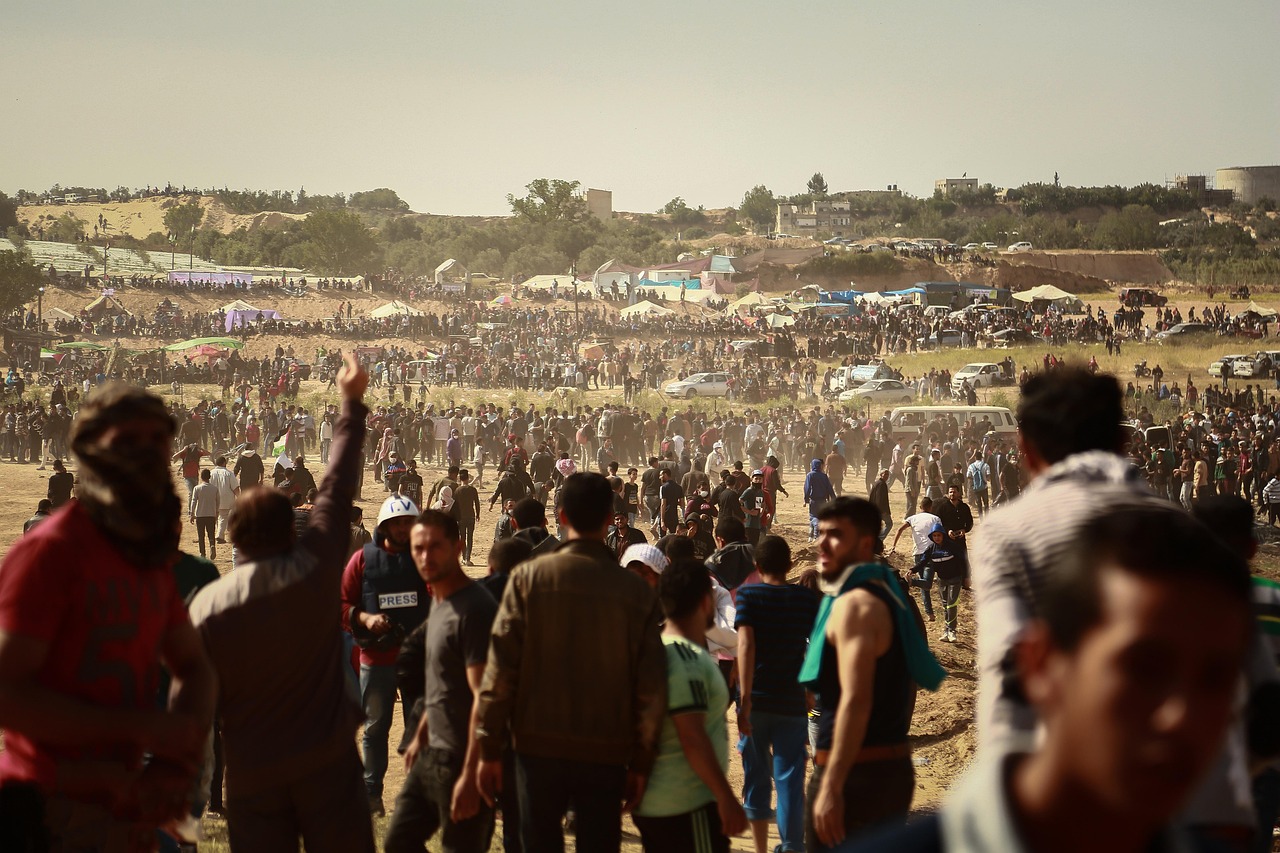In a move described as “partial and humanitarian,” Israel announced 10-hour daily pauses in its military operations across three key areas of Gaza: Gaza City, Deir al-Balah, and Muwasi. These pauses, active between 10:00 a.m. and 8:00 p.m., aim to facilitate the entry of humanitarian aid, following months of international pressure and devastating food shortages.While Israeli officials claim this is a significant gesture in balancing security with humanitarian responsibility, aid organizations and UN officials remain skeptical. According to the UN Office for the Coordination of Humanitarian Affairs (OCHA), aid volumes have decreased by over 60% since the escalation of hostilities in early 2025. Over 63 children and elderly have died from severe malnutrition and dehydration in July alone.
UNICEF and Doctors Without Borders have criticized the Israeli “tactical pause,” arguing that 10 hours is insufficient to distribute food and medical aid across a devastated infrastructure with destroyed roads, blocked corridors, and restricted movement.
Israel’s defense spokesperson clarified that the daily pauses do not apply to Rafah and southern Gaza, where “targeted military operations will continue.” This has drawn further criticism that the ceasefire is more symbolic than practical.Major Points:Gaza is on the brink of famine; international agencies call it a “man-made disaster.”Israel maintains strict border control, and Egypt’s border at Rafah remains irregularly open.Humanitarian organizations are demanding a full, multilateral ceasefire and independent access to distribute aid without military escort or restriction.
Israel insists the move reflects its commitment to civilian protection while targeting Hamas infrastructure.This development showcases the ongoing tug-of-war between military objectives and human rights obligations—highlighting the complexity of modern conflict diplomacy.
.

